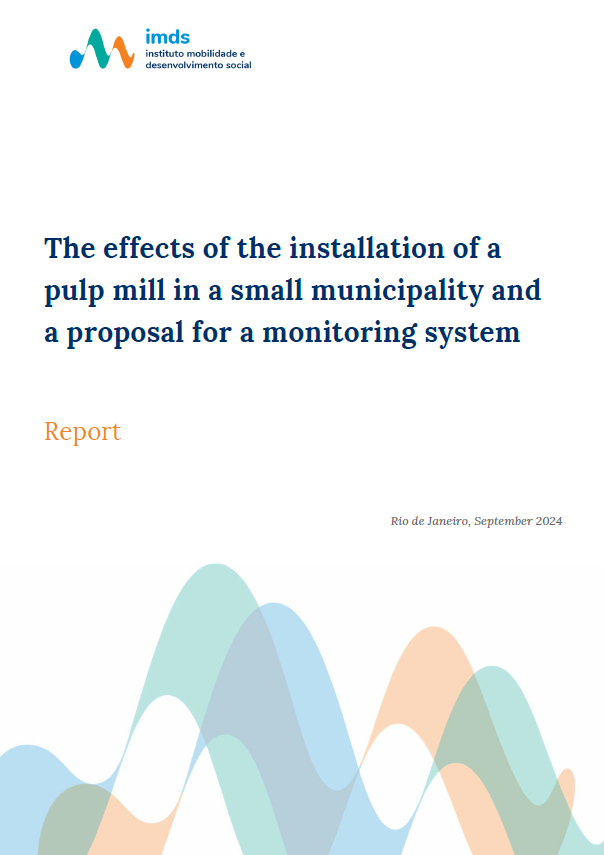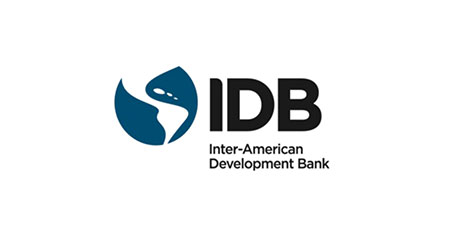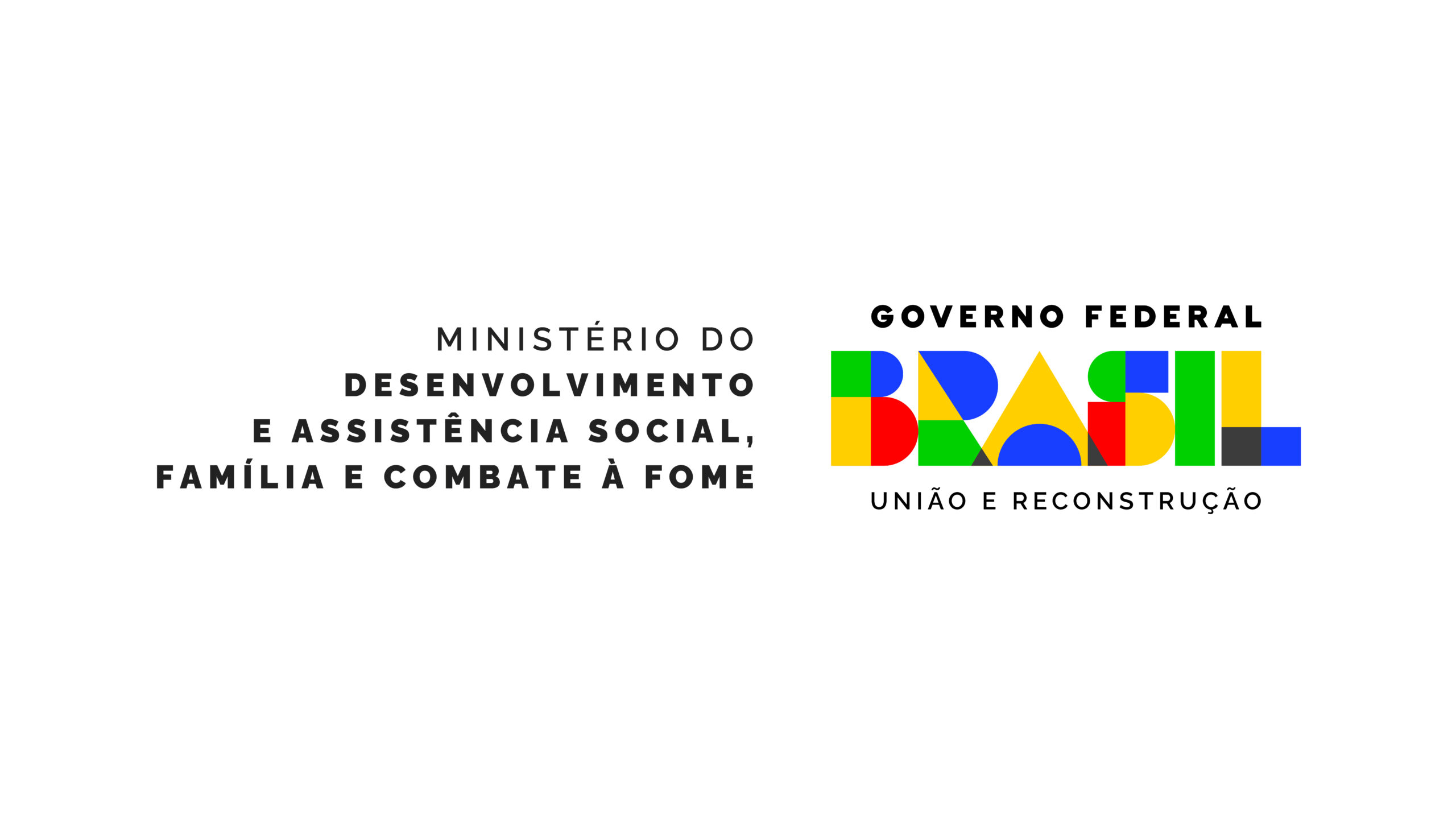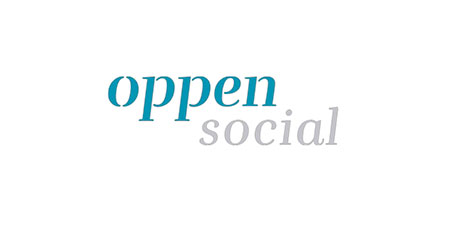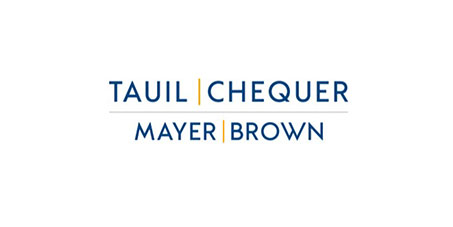This website uses cookies so that we can provide you with the best user experience possible. Cookie information is stored in your browser and performs functions such as recognising you when you return to our website and helping our team to understand which sections of the website you find most interesting and useful.
Investigating the effects of social policies on income shocks caused by major weather events
IMDS updates data on poverty and conditions of children and adolescents in Brazil
The situation of water and sewage supply and its consequences is the subject of study by IMDS
Bringing social mobility to the spotlight
Imds monitors, evaluates and proposes the implementation of public policies with an impact on social mobility. And it does this through scientific research, data and evidence, to support managers at any level of government to transform the lives of current and future generations of citizens.
Imds in numbers
Over
Our content is organized according to thematic lines
Browse our publications
Access all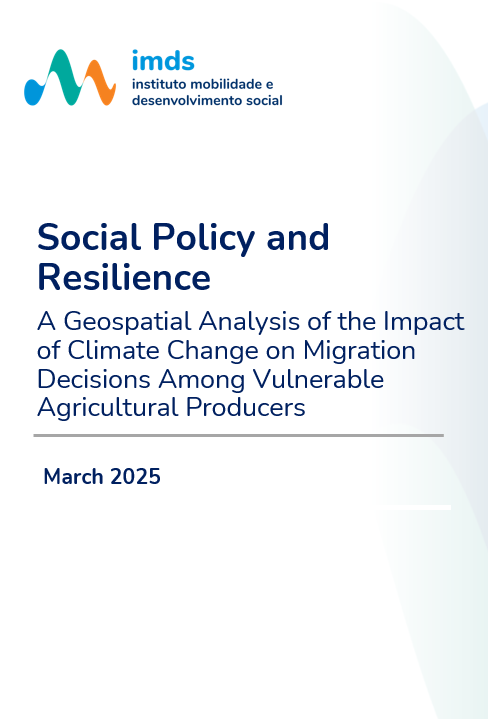
Social Policy and Resilience: A Geospatial Analysis of the Impact of Climate Change on Migration Decisions Among Vulnerable Agricultural Producers
Access Technical Notes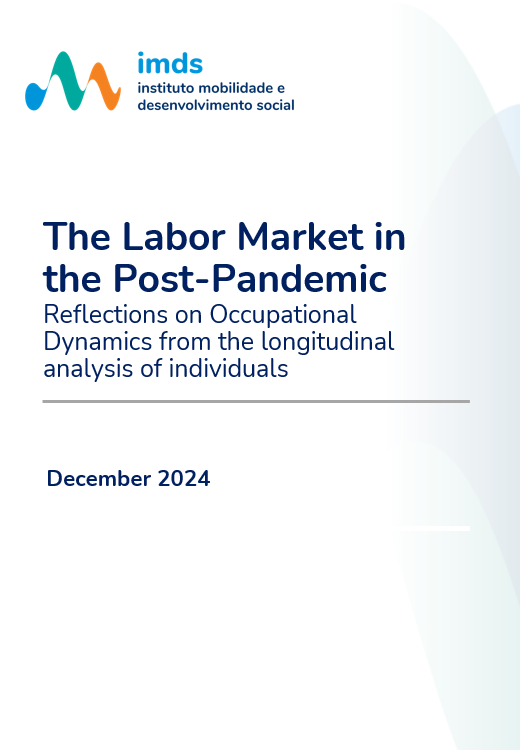
The Labor Market in the Post-Pandemic: Reflections on Occupational Dynamics from the longitudinal analysis of individuals
Access Technical Notes
Basic Sanitation in Brazilian Municipalities: Consequences for child health and Public Policy paths
Access Paper
Life Expectancy by Race or Skin Color in Brazil
Access Technical Notes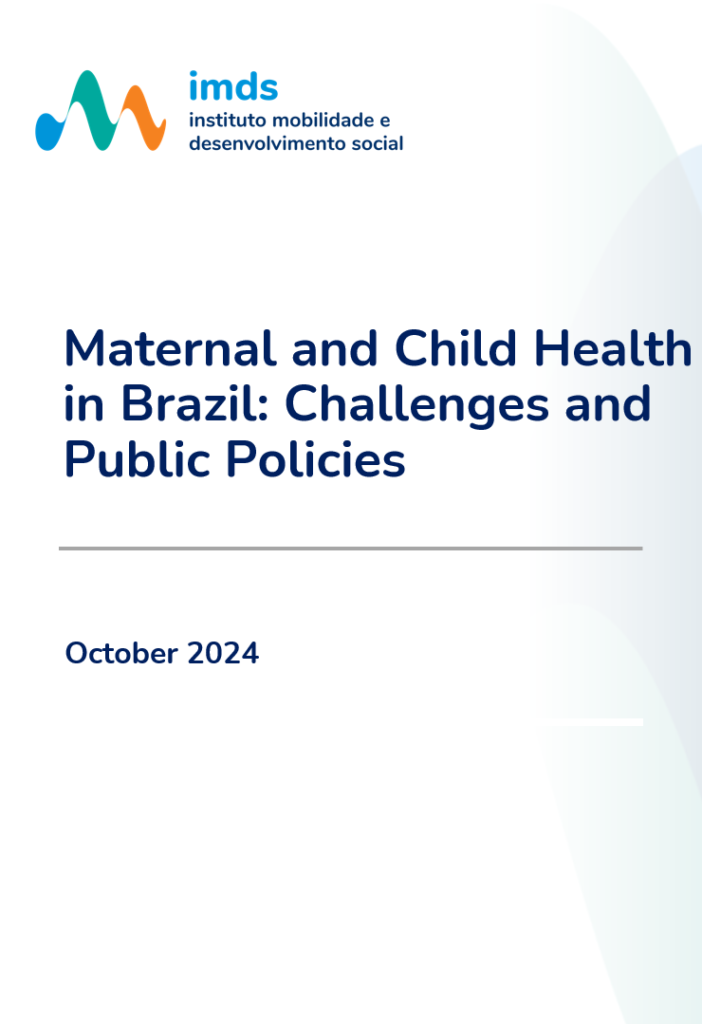
Maternal and Child Health in Brazil: Challenges and Public Policies
Access Report